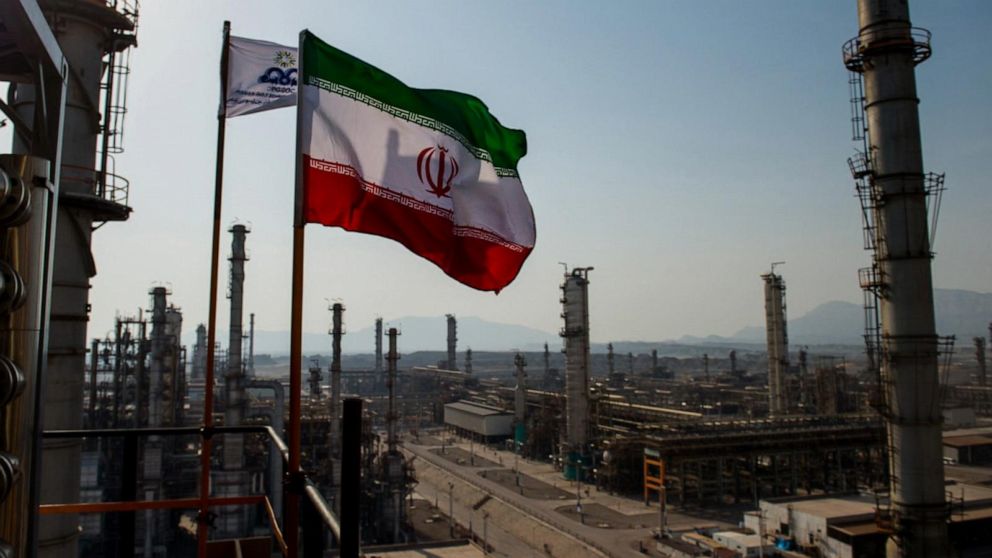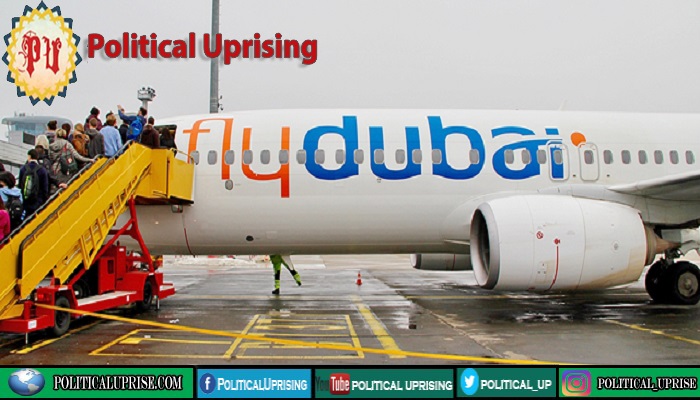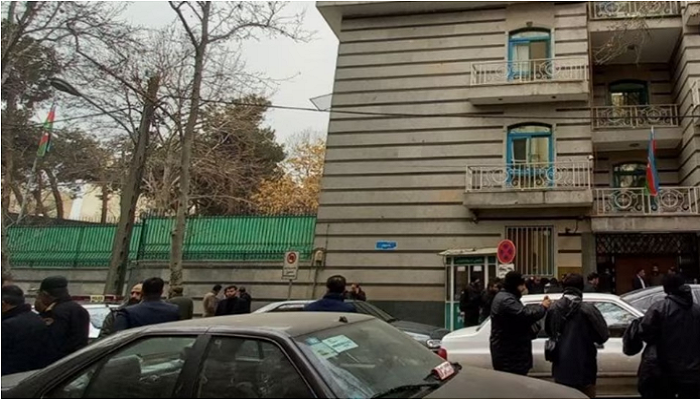Next three months will be vital for keeping Iran 2015 nuclear deal with world powers alive, Analysts says.
Unofficial talks between Iran and world powers that signed an ailing 2015 nuclear deal appear to be the only way forward as neither side seems willing to take the first step.
Iran says the United States, which in 2018 unilaterally abandoned the Joint Comprehensive Plan of Action (JCPOA), must first return to full compliance under the accord by lifting all economic sanctions it imposed.
President Joe Biden has said former US leader Donald Trump’s “maximum pressure” campaign has failed, but nevertheless insists Iran must first reverse steps to reduce its commitments under the deal in response to the sanctions.
Germany,UK,France pull diplomatic triggers on Iran deal
This week, Iran said it is considering an offer by the European Union’s foreign policy chief Josep Borrell to hold unofficial talks with the P4+1 – China, Russia, the United Kingdom, France and Germany minus the US that would also include the US as a “guest”.
Ali Vaez, director of the Iran Project at the International Crisis Group, said it is likely officials from Tehran and Washington would sit together at an informal meeting hosted by the EU in the coming weeks.
“There, they are likely to agree to an interim set of measures to buy more time for negotiating a timetable for a mutual return to full compliance with the JCPOA,” he said.
The meeting was called in light of Iran’s latest move on Tuesday to stop voluntarily implementing the Additional Protocol a document that gives the International Atomic Energy Agency (IAEA) broad inspection authorities of Iranian nuclear sites.

In a statement after Iran stopped providing the United Nations’s nuclear watchdog with short-notice inspection capabilities, the three European signatories of the nuclear deal called the move “dangerous”.
“It will significantly constrain the IAEA’s access to sites and to safeguards-relevant information,” the E3 foreign ministers said. “It will also constrain the IAEA’s ability to monitor and verify Iran’s nuclear programme and nuclear-related activities.”
Germany urges talks with Iran to end tensions
But an agreement Iran’s government reached with the IAEA on Sunday seems to have bought more time for diplomacy.
After IAEA General Director Rafael Grossi travelled to Tehran, the two sides agreed Iran would continue monitoring activities of its nuclear sites, but would not hand over the camera tapes.
The Atomic Energy Organization of Iran announced that if the US fails to lift sanctions on Iran within those three months, the data would be permanently deleted, leaving a gap in the IAEA’s monitoring of the country’s nuclear activities.
Iran’s Foreign Minister Mohammad Javad Zarif said earlier this week the US has imposed 1,600 sanctions on Iran, all of which need to be lifted to restore the nuclear deal.
Supreme Leader Ayatollah Ali Khamenei also said this week Iran could boost its uranium enrichment to a purity of 60 percent from the current 20 percent if the country needs to, but stressed his nation does not seek nuclear weapons.
Israel says Trump admin “seriously damaged Iran’s nuclear project”
On Wednesday, Iran’s ambassador in Geneva told the UN-sponsored Conference on Disarmament it is up to the United States to make the first move.
“The onus is on the offending party to return, restart, and compensate for the damages as well as to reassure that they would not renege again,” Ambassador Esmaeil Baghaei Hamaneh said.
Vaez said the IAEA agreement “deferred a crisis that could have derailed diplomacy before it even had a chance of getting off the ground”.
Barbara Slavin, director of the Future of Iran Initiative at the Atlantic Council, said the time bought by the deal could open the way for all sides to negotiate and implement a road map back to JCPOA compliance.
She said “it won’t be the end of the world but it won’t be good” if the nuclear deal signatories fail to come to an agreement in those three months.
US ambassador accuses Germany of undermining nuclear deterrent
“Iran will continue to take steps out of the JCPOA and to reduce cooperation with the IAEA, increasing suspicions that it is working on weapons,” Slavin said of the ramifications of a no-deal scenario.
“Iranians will continue to suffer from the impact of sanctions. Iranian politicians opposed to the deal and to any relaxation of tensions with the West will get stronger, and Iran will likely also be more difficult to deal with in Iraq, Yemen, Afghanistan, et cetera.”
The fact that the June presidential elections in Iran are fast approaching only adds to the pressure to find a solution to the nuclear deal dilemma.
President Hassan Rouhani, who won his office by promising to engage with the West and improve Iran’s economy by ending isolation, is nearing the end of his second term.
It is widely believed a conservative or a hardliner who could come from a military background will emerge victorious in the elections.
Iran’s last large-scale elections came in February 2020 when the lowest voter turnout in the f40-year history of the country gave way to the current hardline parliament whose December law obliged Rouhani’s administration to boost uranium enrichment and restrict IAEA inspections.
“It is obviously much easier to negotiate a return to the nuclear deal with individuals who negotiated it in the first place than to work with a new cast of characters or old ones from the Ahmadinejad days who are much more antagonistic to the United States,” Slavin said in reference to former president Mahmoud Ahmadinejad.
EU leaders to hold emergency summit to save Nuclear deal
Vaez concurred saying: “It will be a risky gambit for Washington not to restore the JCPOA fully before its key proponents in Iran leave power.”
But he added it would be unlikely for the next Iranian president to undo what has been state policy as the supreme leader is always the ultimate decision-maker.
Meantime, however, Rouhani’s opponents are likely to mount more opposition to his dealings with international stakeholders.
On Monday, angry legislators said Iran’s agreement with the IAEA is “illegal” and called for the president to be handed over to the judiciary for legal punishment.
European countries warns Iran over developing nuclear missile
The heated confrontation even prompted the supreme leader to intervene, saying they must resolve their differences so a single voice would be communicated from Iran to the world.



